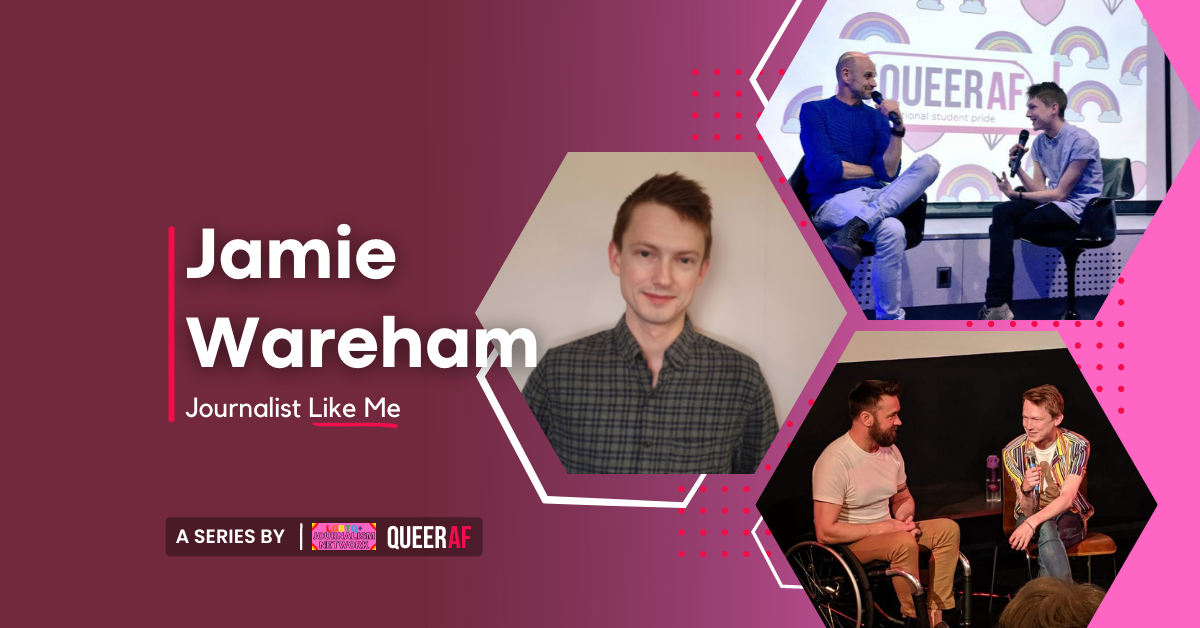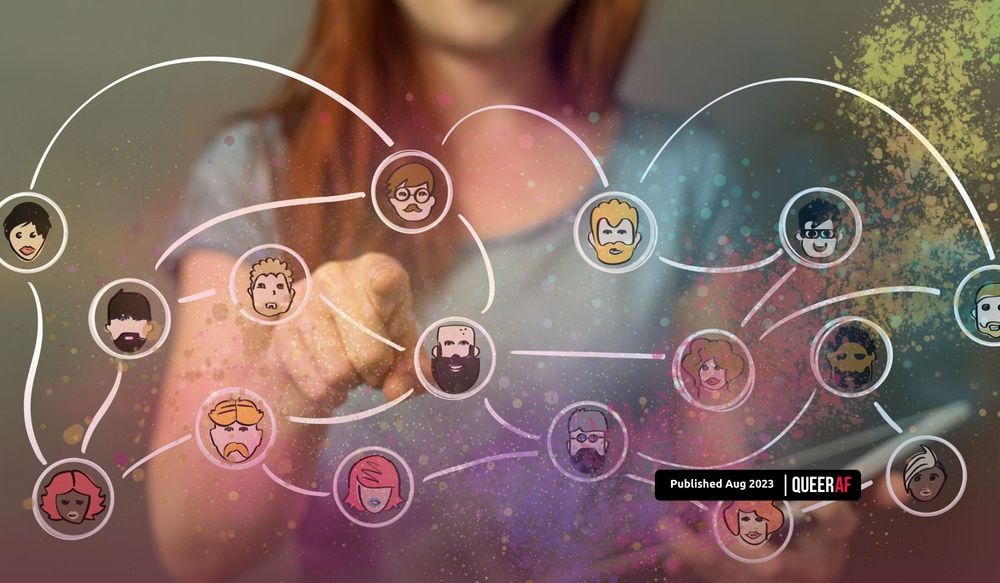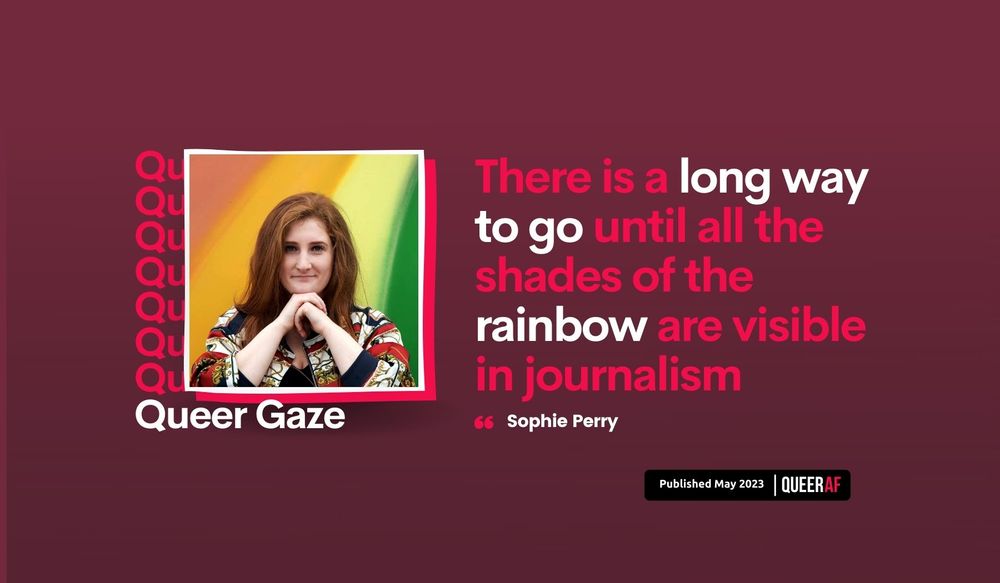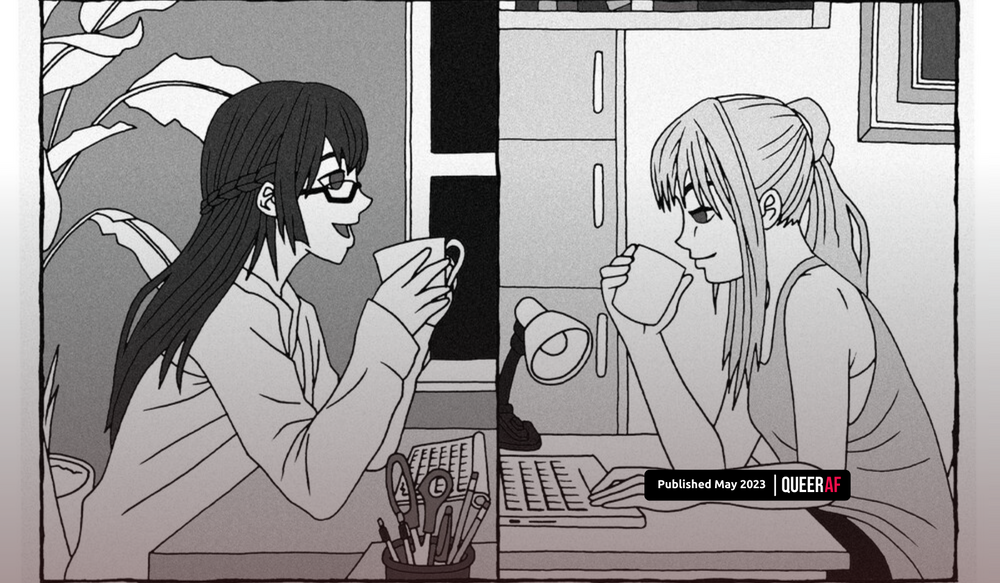
Delivering for ad traffic has gotten in the way of pitching exciting queer content throughout my career. That’s why I’ve set up a platform without them
I remember sneaking into town to buy a copy of a gay mag for the first time.
Walking up to the counter, I remember being embarrassed about which side up I should put the copy of Attitude down on the counter.
The choice was between Shameless’ Jody Latham in a cute (but very gay) vest on the front, or some ads that were just as sultry on the back cover.
Marching off to Starbucks with my friend after to giggle at the boys with their tops off with an iced coffee, it all felt like the perfect right of passage.
But it was only a tiny glimpse into one version of what I’d later learn is a broad spectrum of ways of not only being a gay guy - but being a member of a wonderful and diverse LGBTQIA+ community.
We need a change in the media. Join the movement to make it possible with our free newsletter.
At college, I remember being told about the impact of radio on people’s music choices. I heard that eight in ten CDs (retro I know) were bought after hearing the record on the radio first.
Alongside setting up an LGBTQIA+ society on campus as part of Stonewall’s first Education scheme, it was clear to me:
Journalism was the way I could change the world. It was how I could prevent anyone else from hating themselves, as I did for too long, because of their identity.
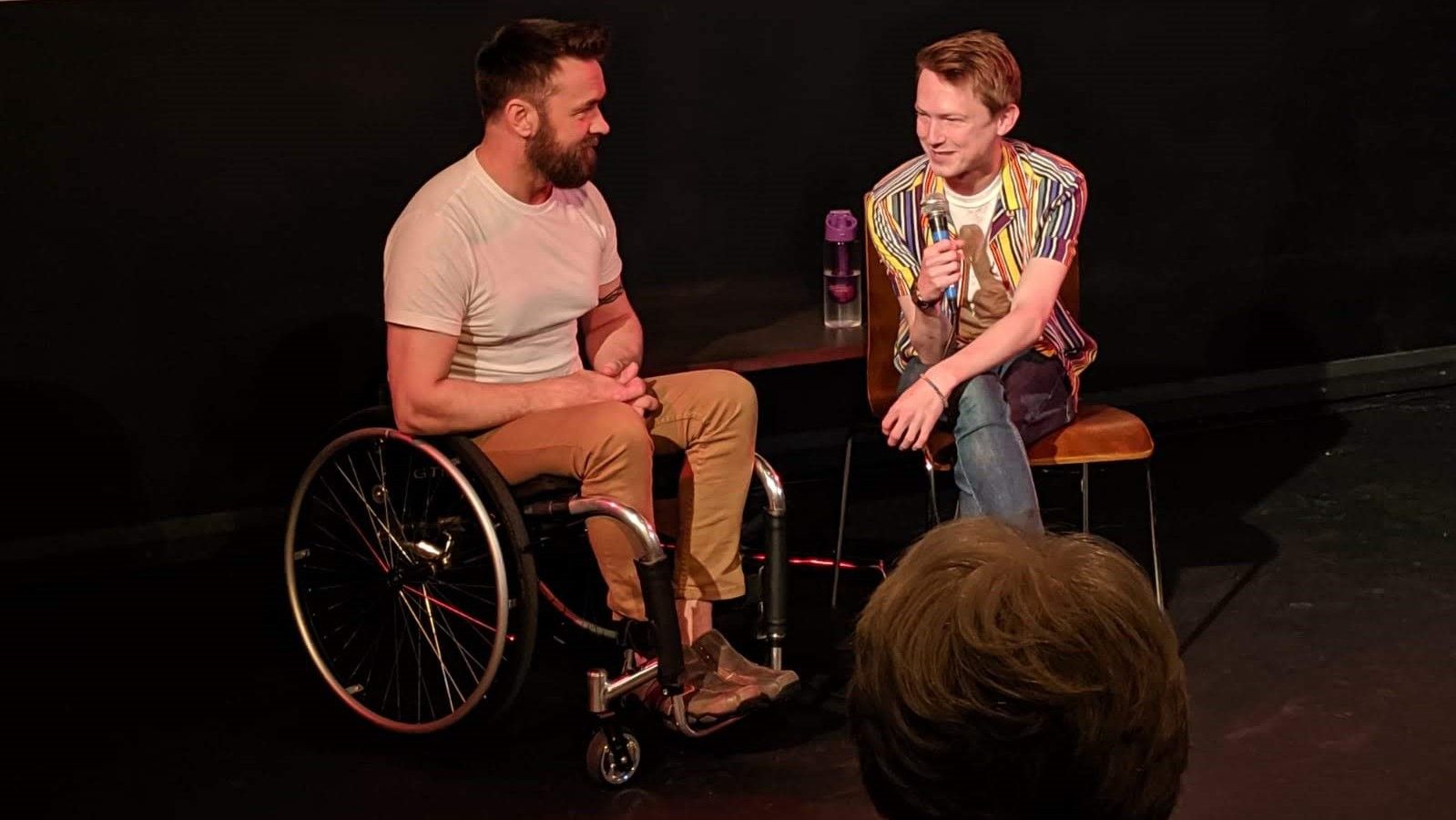
What working in a newsroom showed me
Fast forward through my uni years and some complications with my disability and health, and I entered a newsroom for the first time.
I learned so much doing those awful early mornings and graveyard news shifts. Perpetually in a state of confusion about when it was night or day, and already at a disadvantage from my dyslexia, the mistakes I made there shaped my career.
It was also around this time I was told by one editor to stop pitching “gay stories” because there was no “money” or “audience” in them.
A well-intentioned, albeit absolutely incorrect, piece of advice. It had a huge impact.
The editor was trying to say that it’s tough to create a niche out of LGBTQIA+ journalism. Advising me not to nail my colours to the mast if I wanted to succeed. But as a young queer journo, it was devastating to hear.
So I created the QueerAF podcast, with National Student Pride funding, to test his theory. Four seasons later, it had an international audience, Evan Davis was guest-hosting episodes with Ian McKellen - and it was even bringing in some revenue.
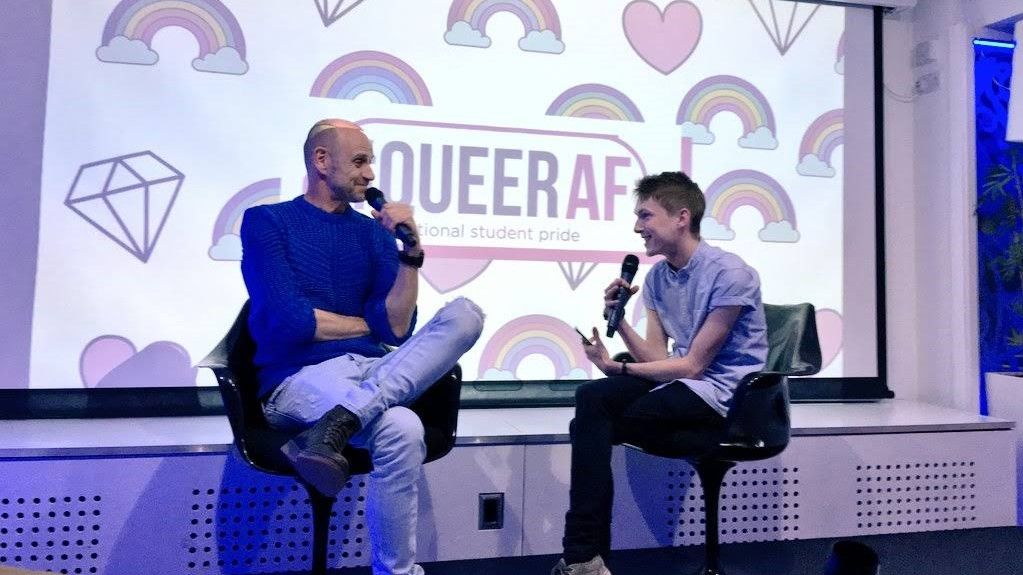
I got into journalism to change the world
After time working in the audio industry and gay media - coming full circle with time at Attitude magazine - I recognised that my initial vision of using journalism to change the world wasn’t happening. I also realised why.
Newsrooms all over the UK are trapped in advert-based revenue models, which means they make content for clicks, all to serve advertisers - not LGBTQIA+ folk.
I realised how urgent it was to move past advertising and sponsorship as the only way to fund content about our lives. The need to find sustainable models that create content that counts.
So once again, against the advice of many, I set up an LGBTQIA+ platform free of ads, so we could focus on content that counts for the community - not advertisers.
Since we launched three months ago, QueerAF has already won an award, gained hundreds of subscribers and is using its funds to help more queer journos start and build their careers.
What have I learned from all of this? Gatekeepers get it wrong, a lot. But our community is resilient. It will support queer journalism, especially when it puts our interests first.
As part of our commitment to the sector, QueerAF has partnered with the LGBTQ+ Journalism Network to run a content series and help develop a thriving network of queer media professionals. 'Journalist Like Me' is our new, joint content series.
➡️ Get paid to write for this series

I started QueerAF to fund queer media careers.
We've only been around a couple of months, but we're already investing our funds in partnerships with dedicated queer media professionals like Sophie Perry and the LGBTQ+ Journalism Network.
Why? Because together, we can build a more considered approach to our media that values the full spectrum of our community.
QueerAF is a platform where creators, journalists and producers can get paid and commissioned directly by the QueerAF community. This, while we mentor them to build a career, work in the industry - and then, change it.
We believe there’s a better way to be seen, heard and celebrated. Join us to change the media for good.
Right now our Early Adopters membership (40% discount) is the perfect way to support us (from as little as £4.20 a month).
You'll get early access, a greater say on what we publish next, and you can keep this discount forever. But there is only a limited number left.


